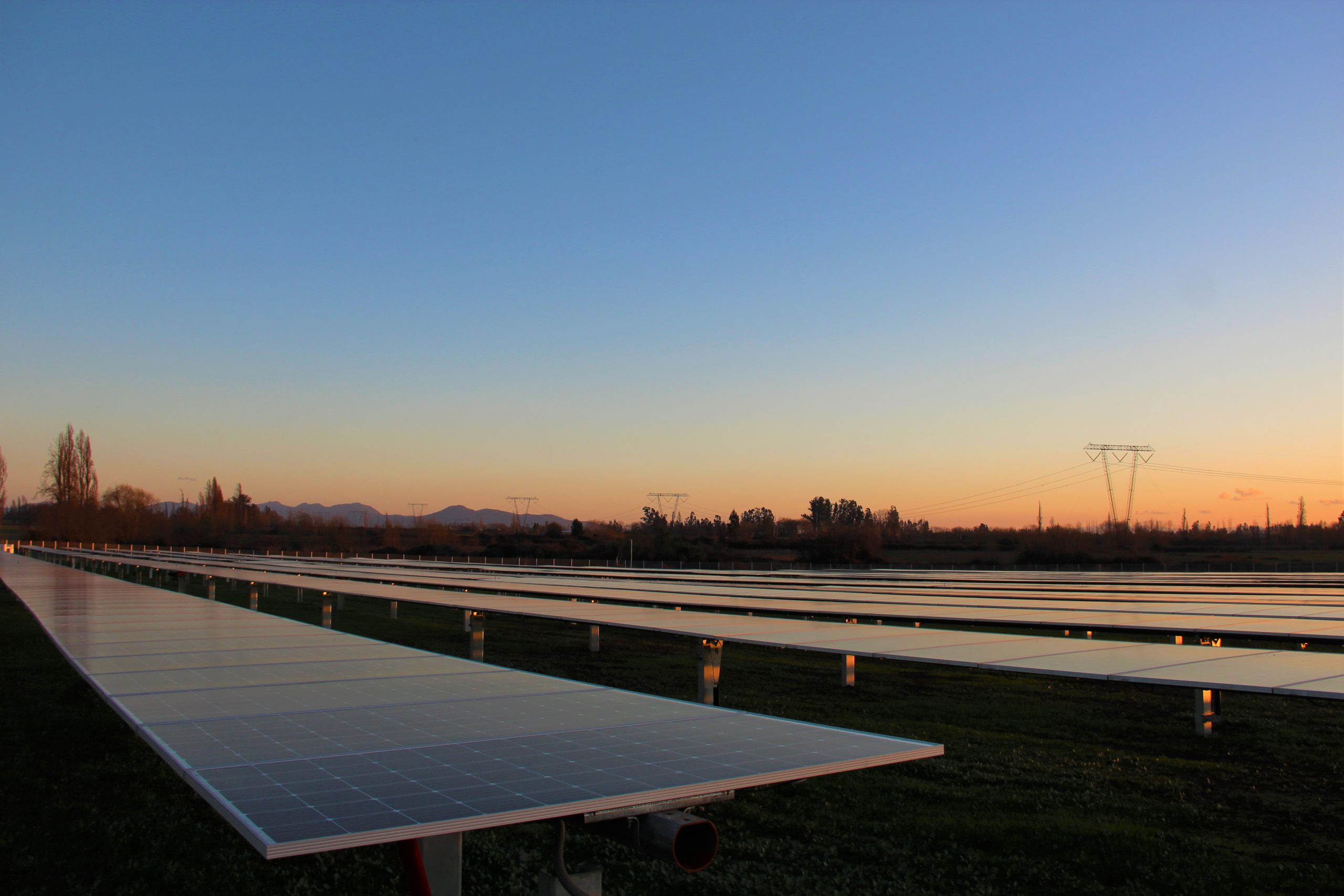

In 2019, the Chilean population went through one of the moments of greatest social tension since Chile regained its democracy in 1990. After 30 years of democratic transition, where the social, political and economic development model imposed during the dictatorship remained practically unchanged, tens of thousands of people spontaneously converged on the streets to give an unequivocal message: the model had reached its end and needed to be changed.
In the midst of this revolt, the political forces at the time were forced to reach an agreement that they called “the agreement for social peace and the new constitution”. This agreement opened an institutional process through which Chile is today facing one of the most important elections in its democratic history. On September 4, a plebiscite will decide whether the Constitution that will govern Chile will continue to be that of 1980 or a new one that has been written in an unprecedented and inclusive process, by 154 democratically elected Constitutional Convention members, with gender parity and seats reserved for indigenous peoples.
The text drafted by the Convention members introduces relevant changes in the architecture of the State.
Perhaps, what is most striking about the proposed new Constitution is the large number of social rights that the text enshrines, contrary to the previous Constitution, which practically handed over the basic needs of the population, such as education, health, and retirement pensions, to the market.
Within the range of social rights, the document enshrines the right to a “vital minimum of affordable and safe energy”, which must be guaranteed by the State. This is not without relevance in Chile where, according to the Energy Poverty Network, 22.6% of households spend too much on energy and 16.9% of them limit their energy expenditure. The text states that the State “promotes a distributed, decentralized and diversified energy grid, based on renewable energies and low environmental impact”, and that it also “protects energy cooperative companies and self-consumption”.
In other words, it seeks that the development model of the electricity system be based on associative and cooperative forms.
The DGRV intends to continue with its efforts in the elaboration of a Guide for the creation of Community Distributed Generation Cooperatives in Chile.
These efforts were initiated in 2019. On this particular occasion, the DGRV hopes to contribute to the development of experiences through the training of social organizations, professionals and public officials.
Once trained, the DGRV will support these organizations, especially those that are most interested, by advising them in their decision-making process, technical preparation and drafting of bylaws. This process is expected to culminate with the creation of the first Solar Energy Cooperative that will supply a significant portion of the energy consumed by its members. This project is aligned with the changes and transformations that the approval of the new Constitution is expected to bring.
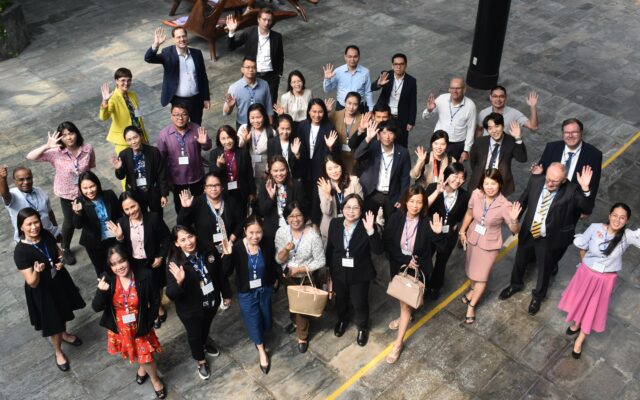
A new partnership between DGRV and the Cooperative Development Authority (CDA) in the Philippines is enhancing regulatory oversight and stability within the cooperative sector.
More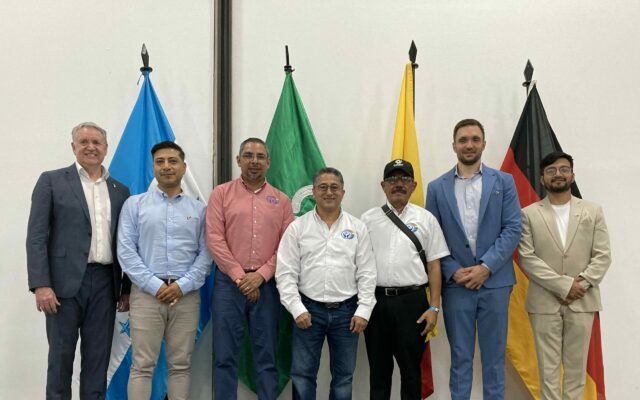
DGRV’s project in Honduras focuses on strengthening the cooperative financial sector, particularly in rural areas, and improving access to financial products and services. The initiative also aims to enhance resilience to climate change and promote the efficient use of natural resources, fostering sustainable and inclusive economic growth.
More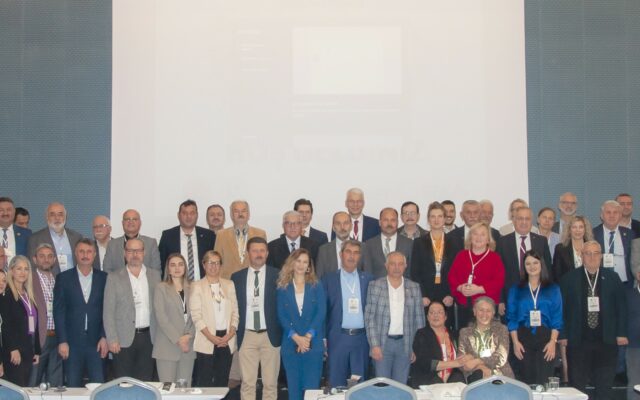
The 8-year long TAKBİ project within the framework of the Turkish and German association cooperation, revitalized Turkish agricultural cooperatives by surmounting challenges, elevating organizational structures, improving service quality, and fostering member satisfaction, leaving a lasting positive impact on the cooperative landscape in Turkey.
More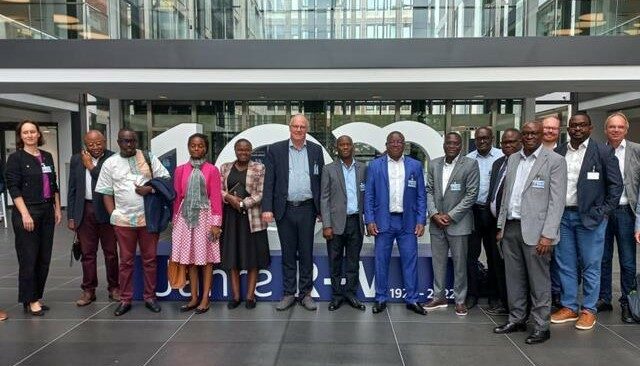
Financial experts from Benin, Cameroon, and Uganda embarked on a journey to Germany to explore the essence of cooperative principles, forging a vision for a resilient banking sector that transcends borders and fosters economic and social progress in African communities.
More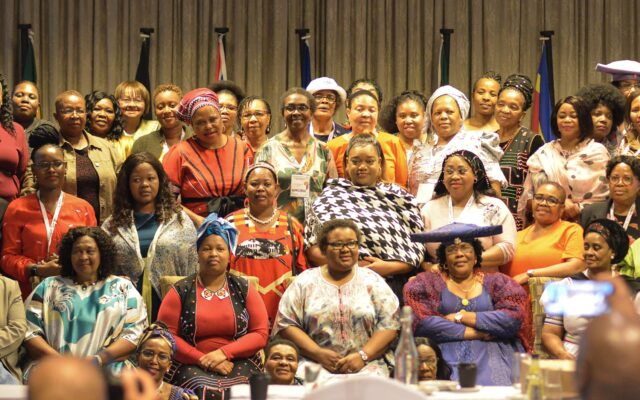
In an extraordinary gathering, female traditional leaders from Southern Africa converged to harmonize the concepts of Ubuntu and cooperative principles, setting a visionary path for community development.
More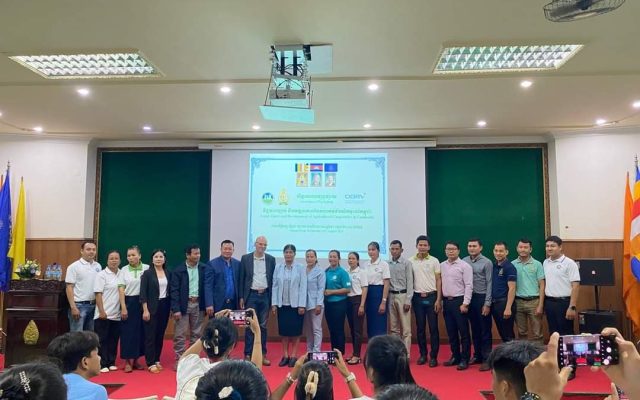
Empowering Cambodia's agricultural cooperatives through dynamic seminars: DGRV and AERD/RUA collaborate to drive leadership, professionalism, and sustainable growth.
More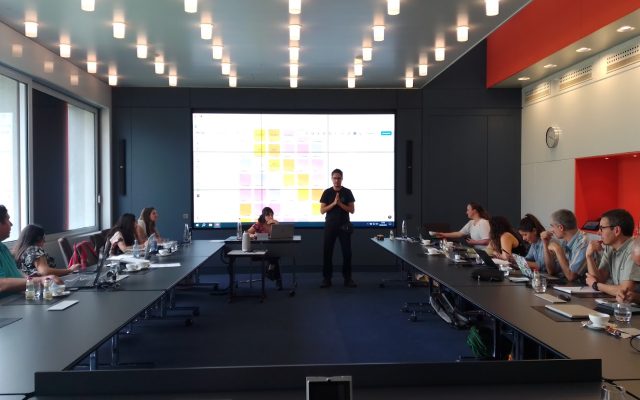
In June, eight Chilean organizations participated in an Exposure Visit to learn from the experience of Energy Cooperatives in Germany
More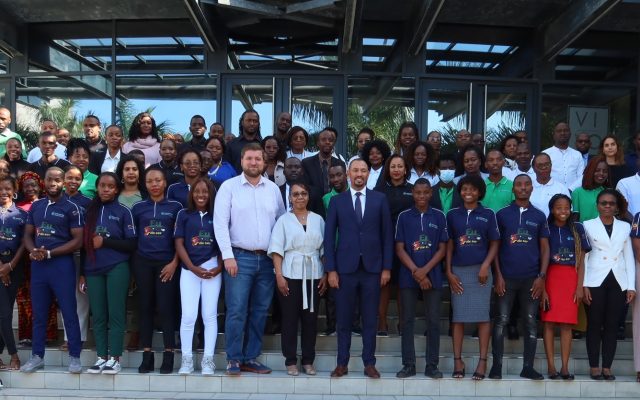
Empowering Mozambican youth through cooperative entrepreneurship to tackle unemployment and promote economic growth.
More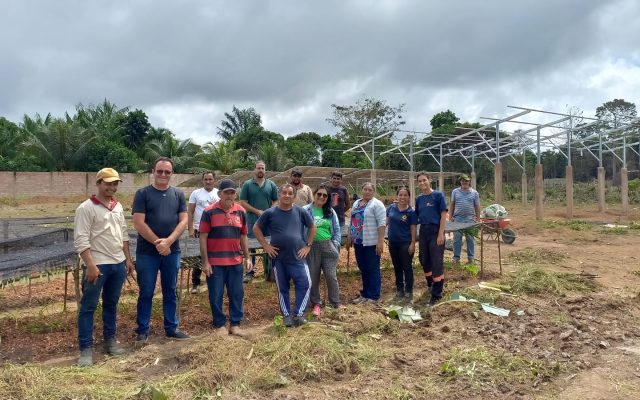
Helping the cooperative CCampo Alimentos to implement an Agrivoltaic pilot project in Brazil
More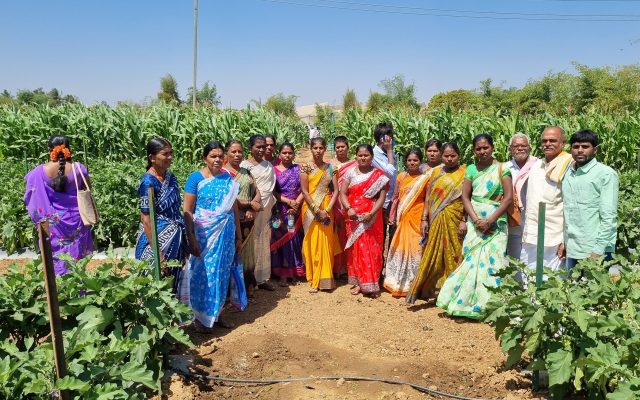
Adaptation measures to climate change in rural areas in India
More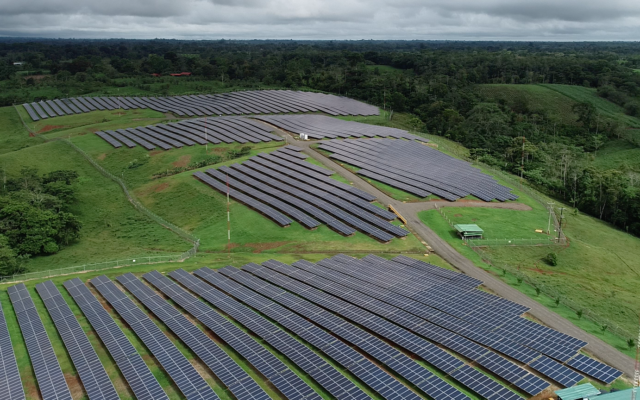
Renewable Energy in Costa Rica generated by cooperatives.
More
Food Processing with a Regional Federation
More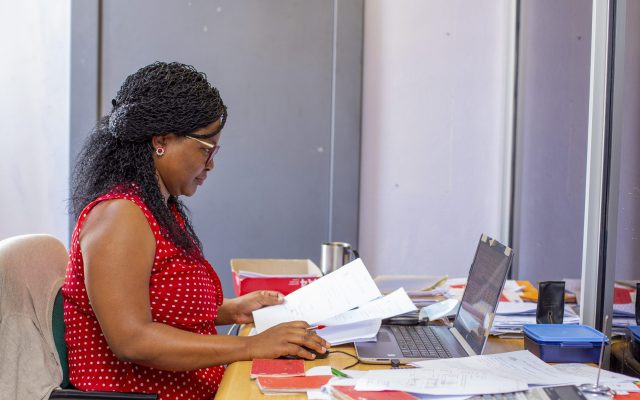
Digitisation of Primary Co-operatives in eSwatini
More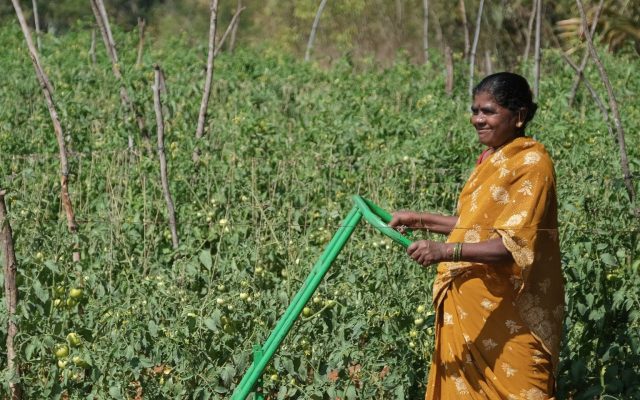
A central solution that enables members to make daily agricultural necessities available promptly and financially affordable
More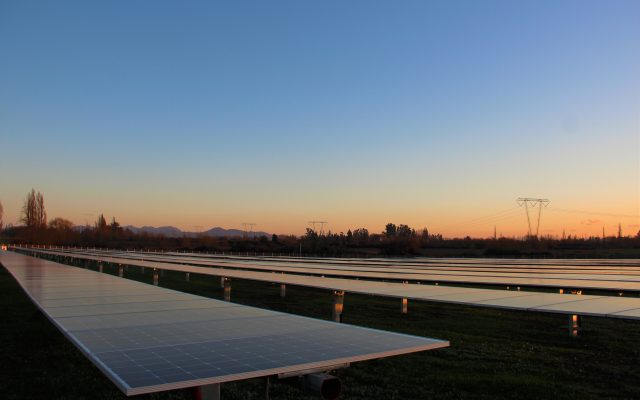
The creation of Community Distributed Generation Cooperatives in Chile.
More
Textile cooperative in Tunisia
More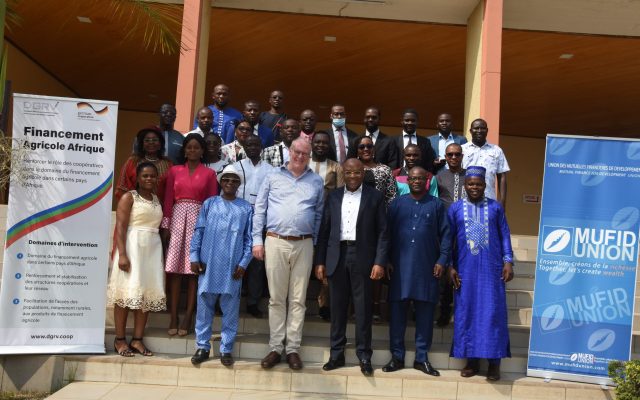
Facilitating access to quality agricultural finance products in Cameroon
More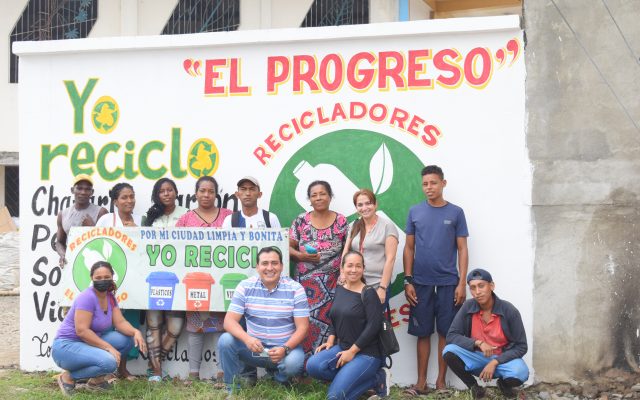
Generating business and commercial connections with the "Networks in Action" project
More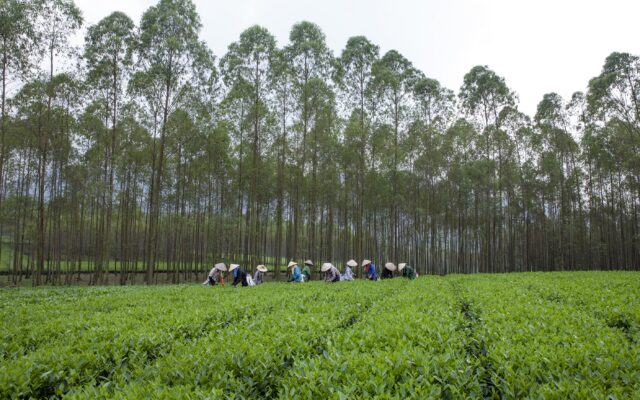
Mid- term courses for cooperative officials in Vietnam
More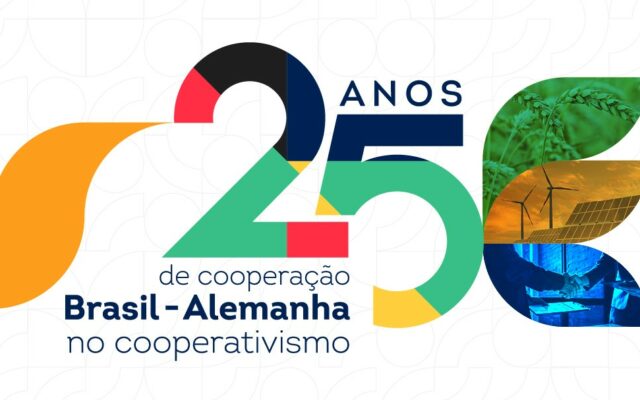
The collaboration between the Brazilian and German cooperative sector
More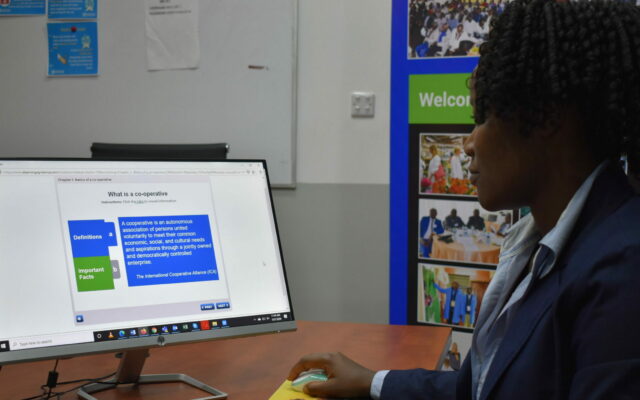
DGRV Kenya supports project partners on their way to adapt to “The new normal” in times of COVID-19
More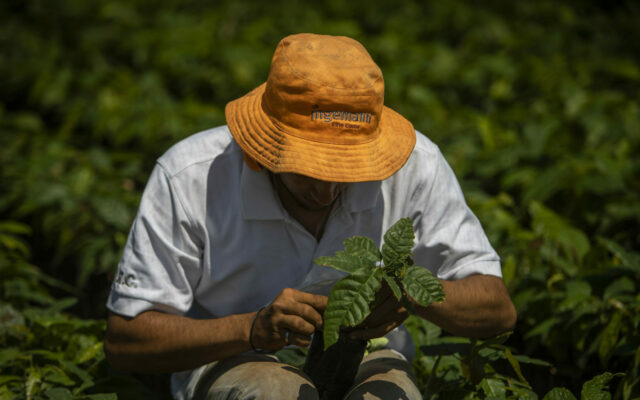
Pablo and his Potatoes
More
Strengthening small rural producer organizations in Colombia
More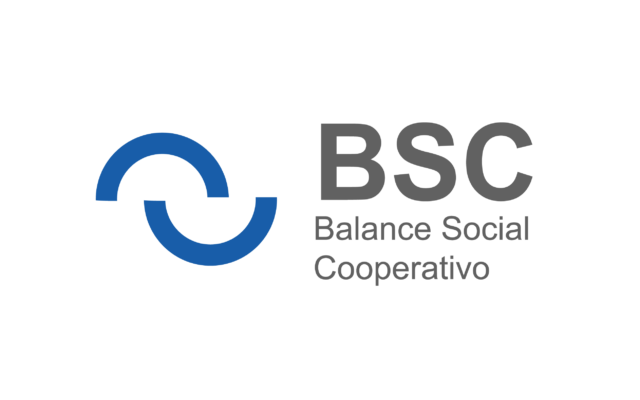
Cooperative Social Responsibility in Honduras
More